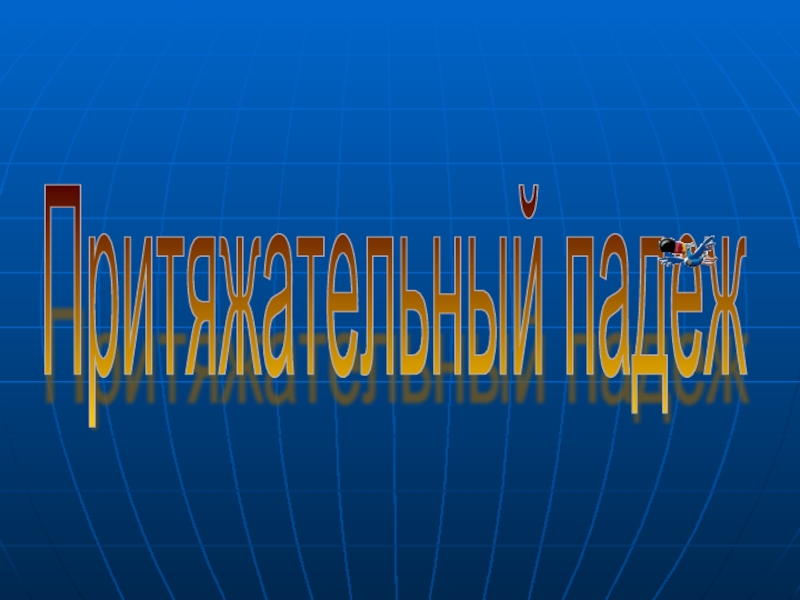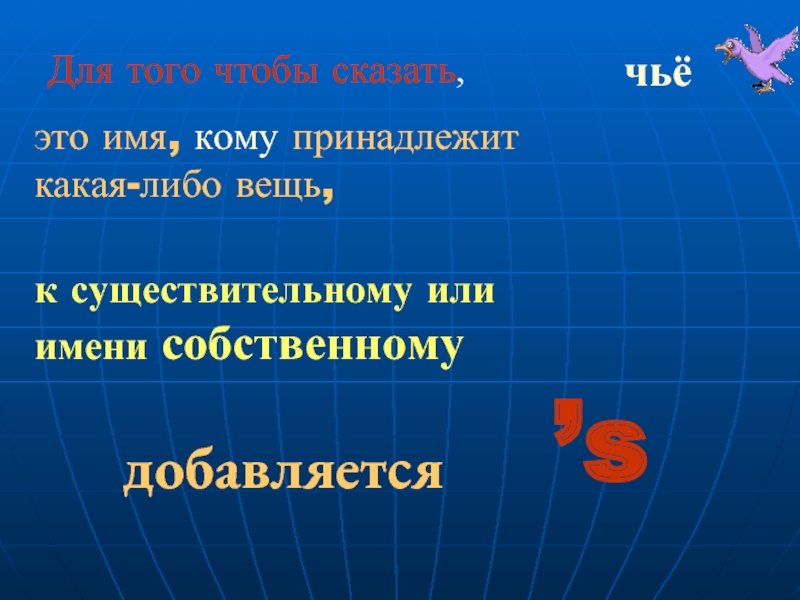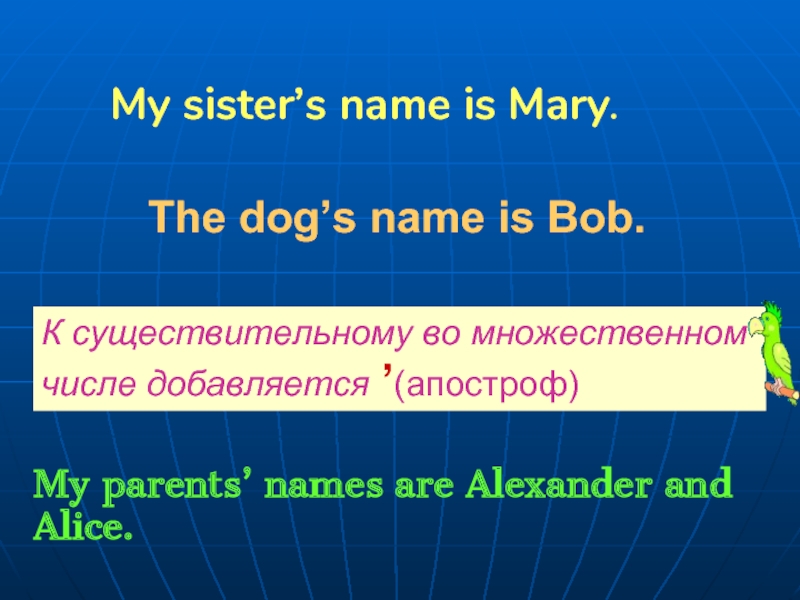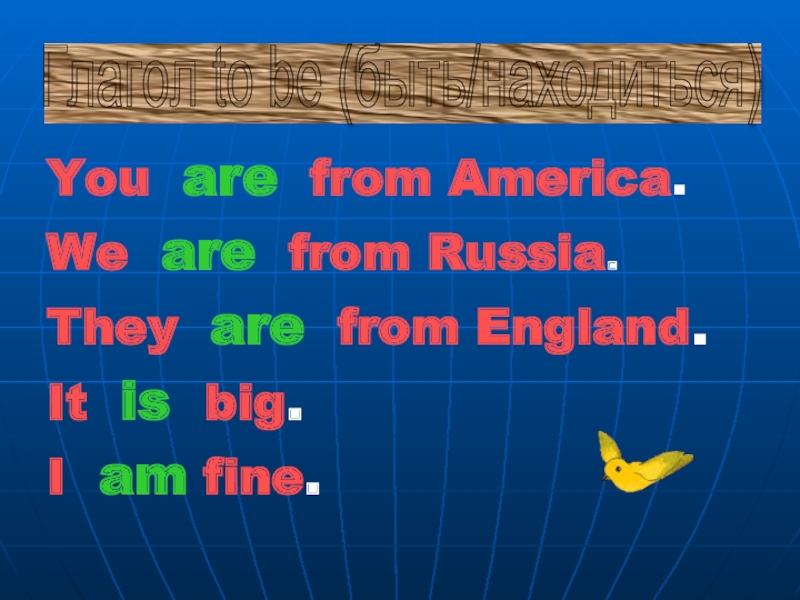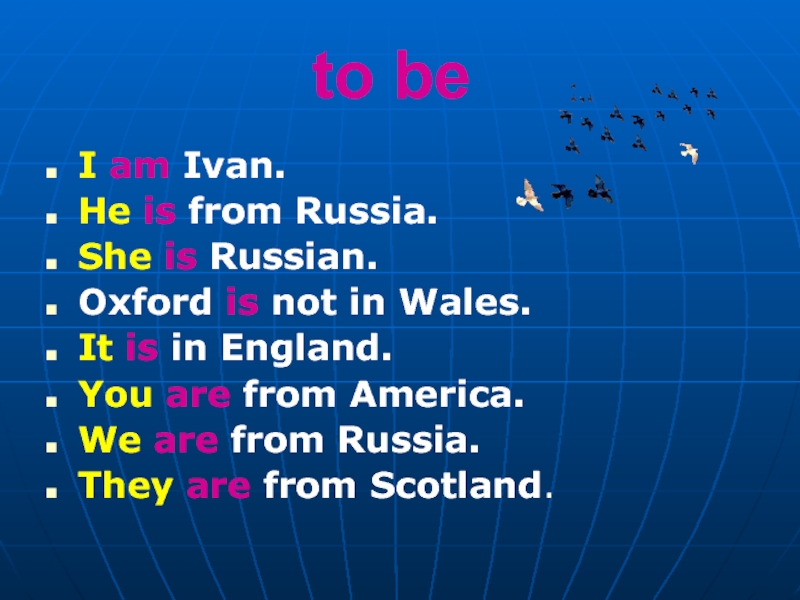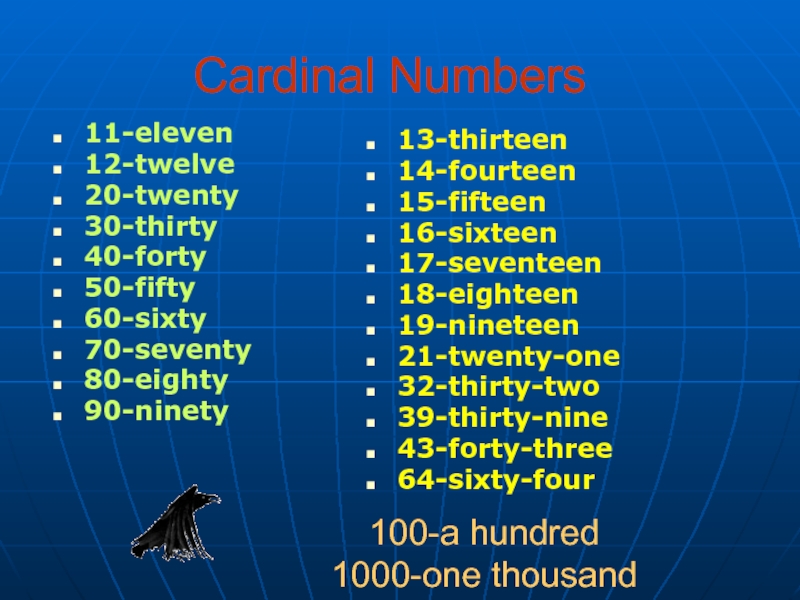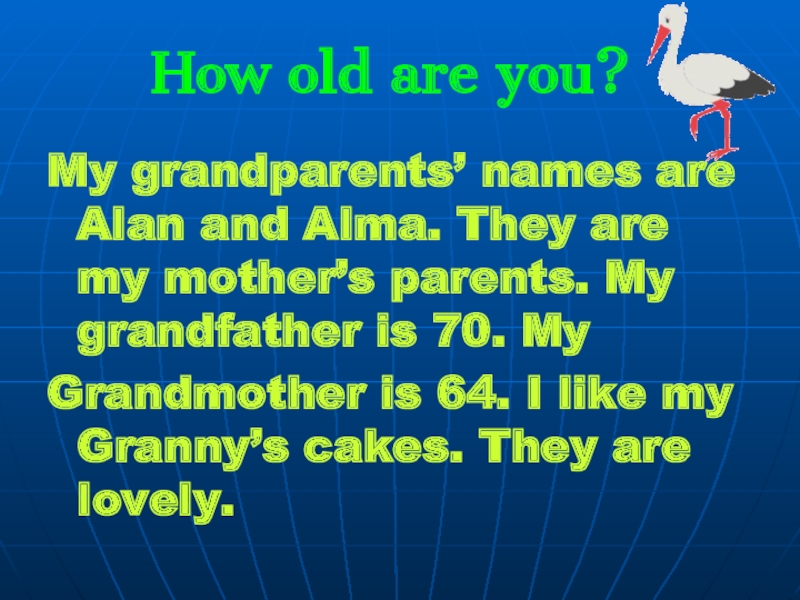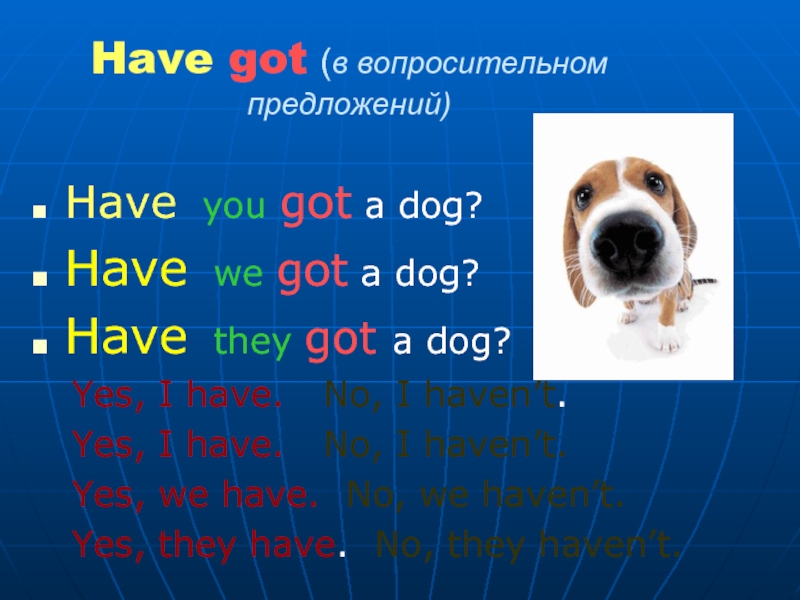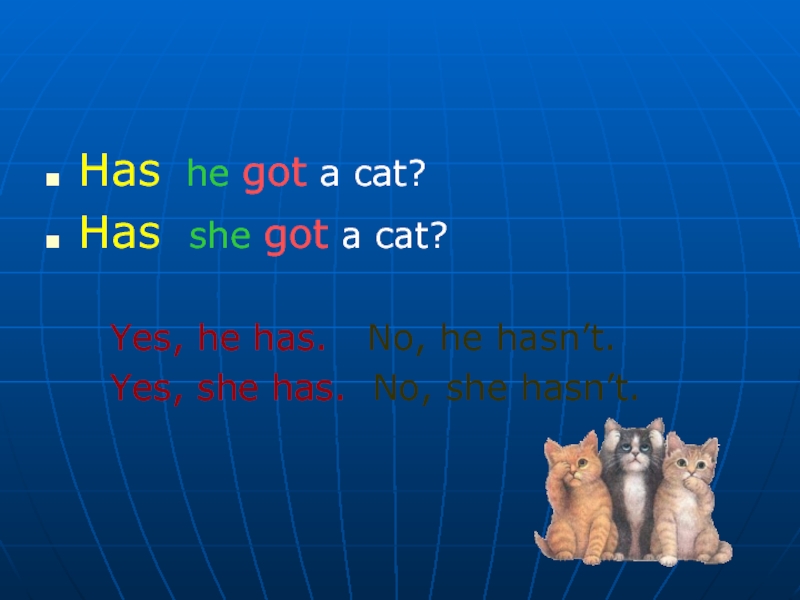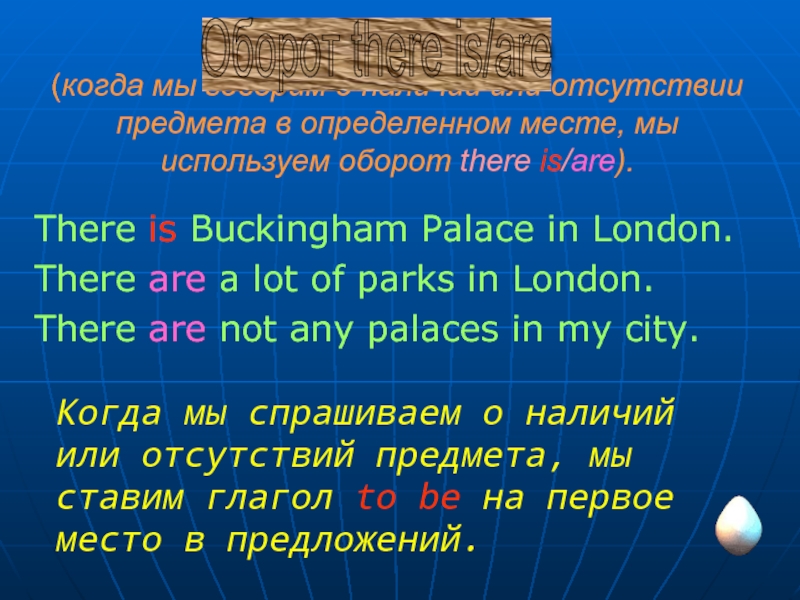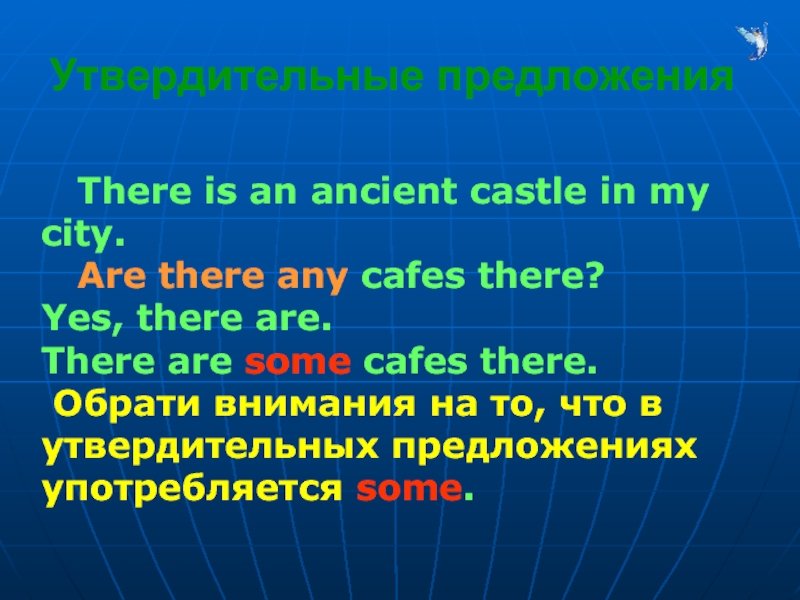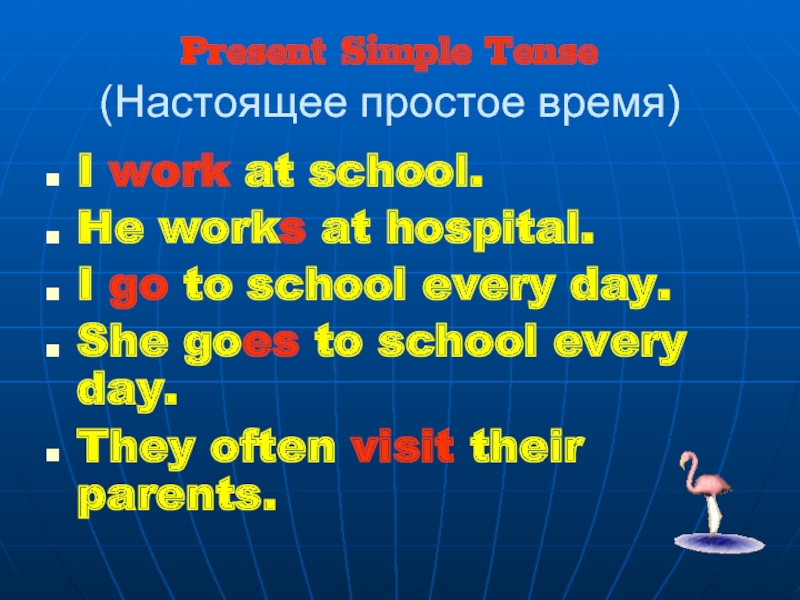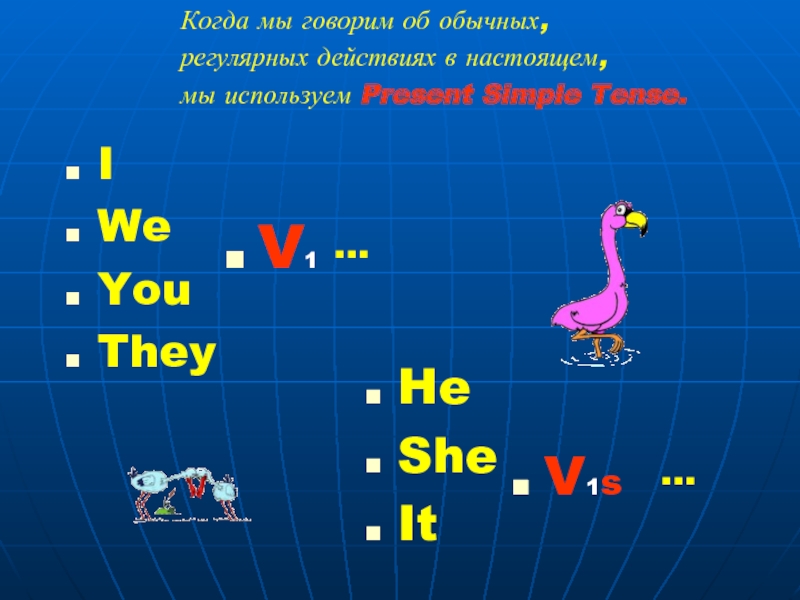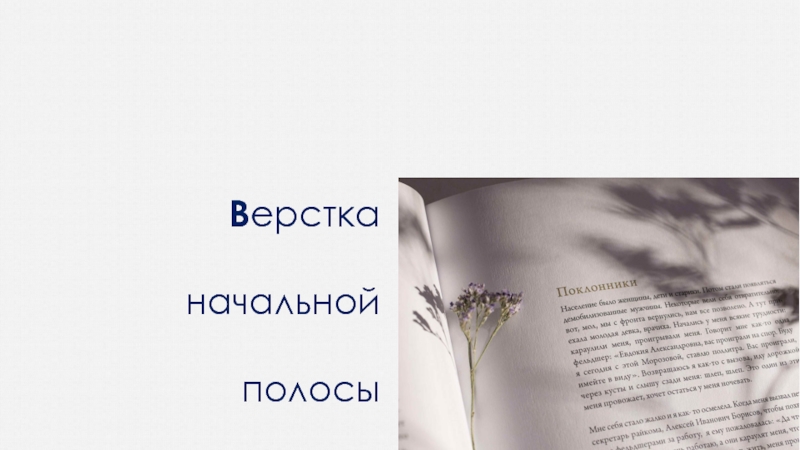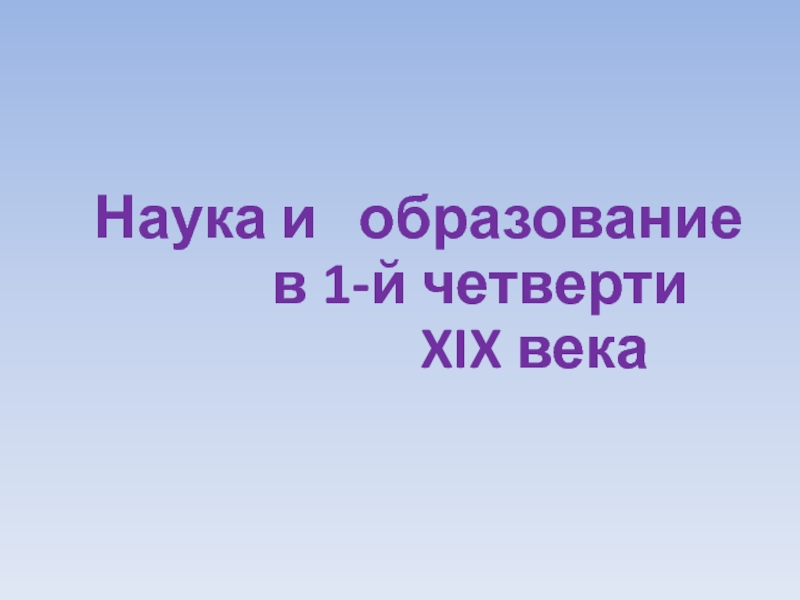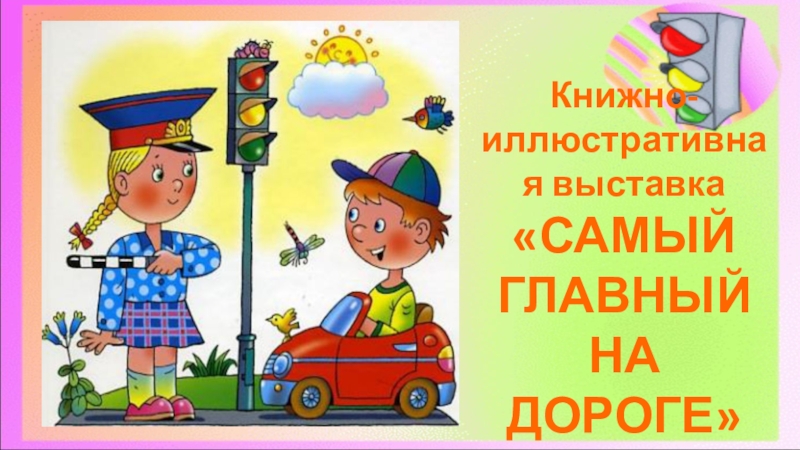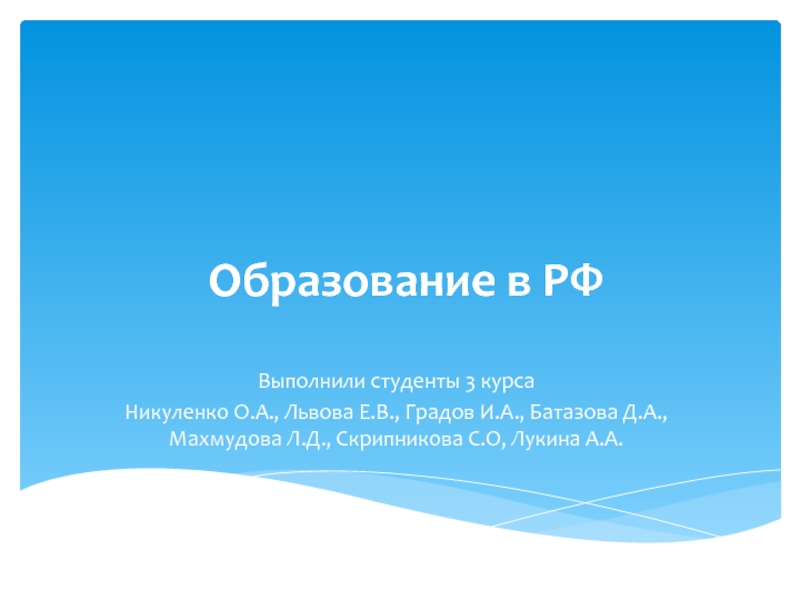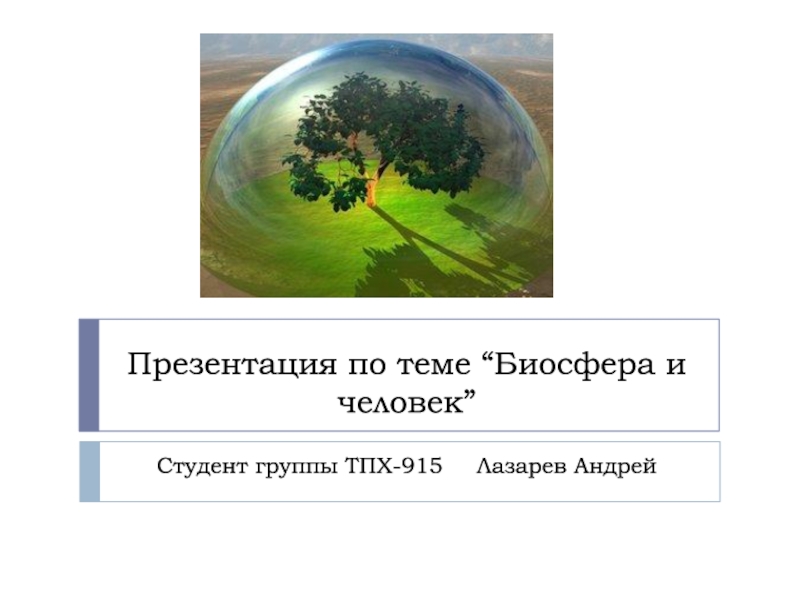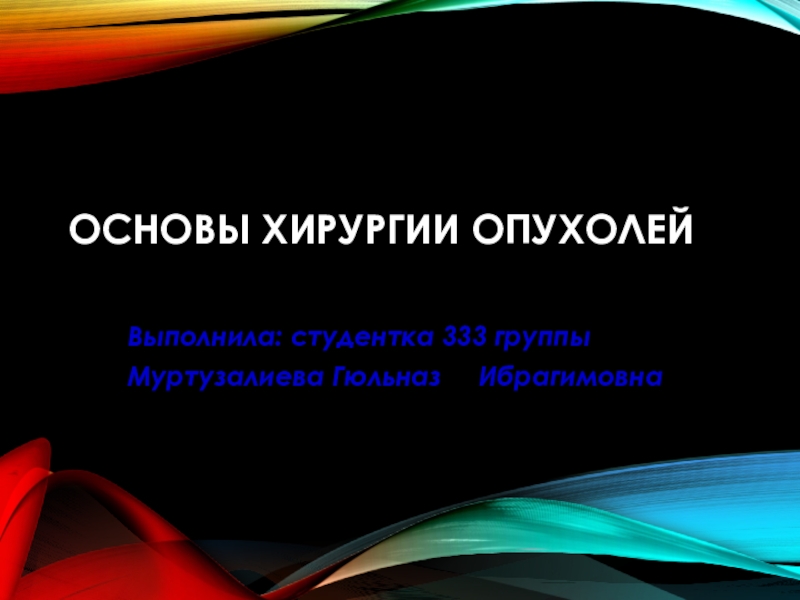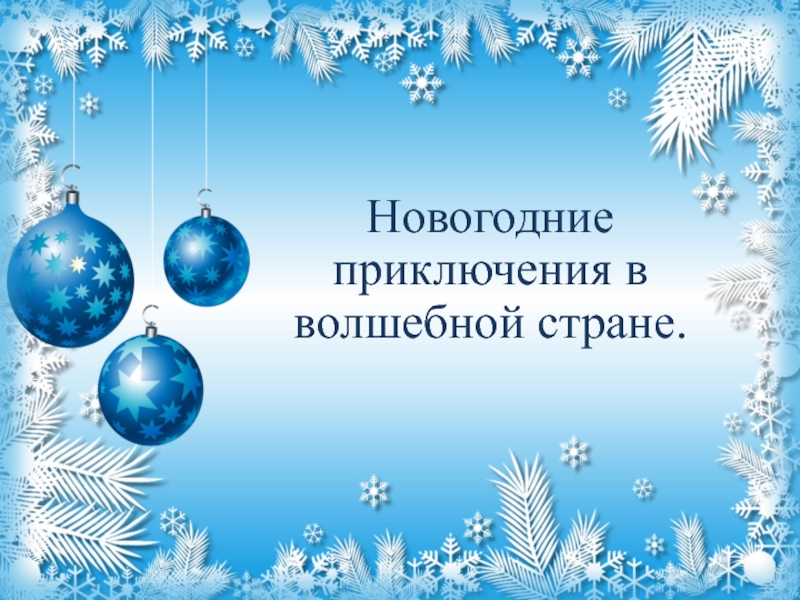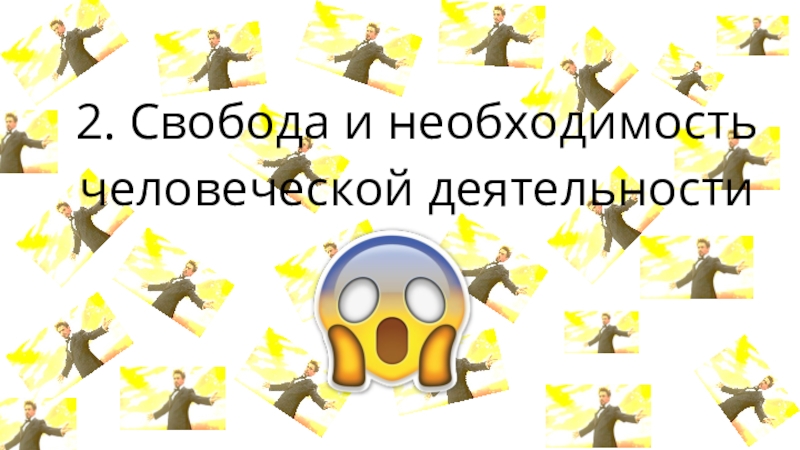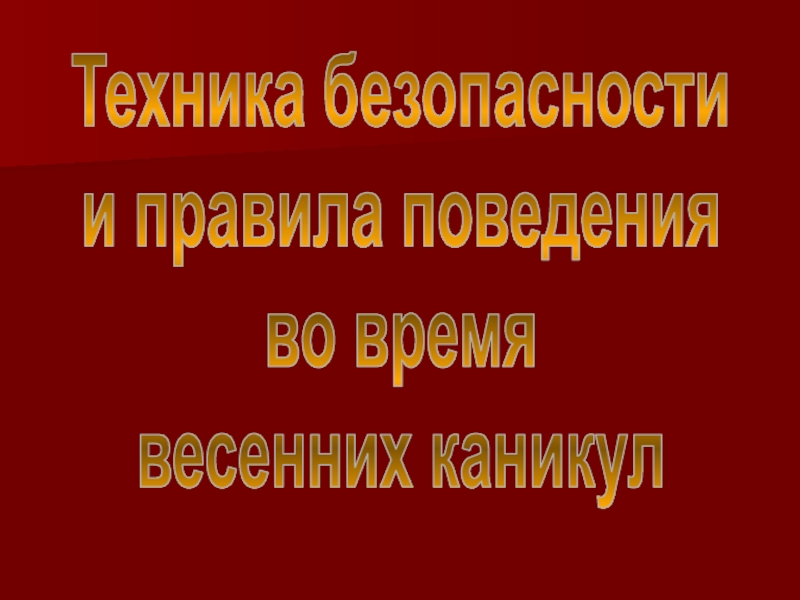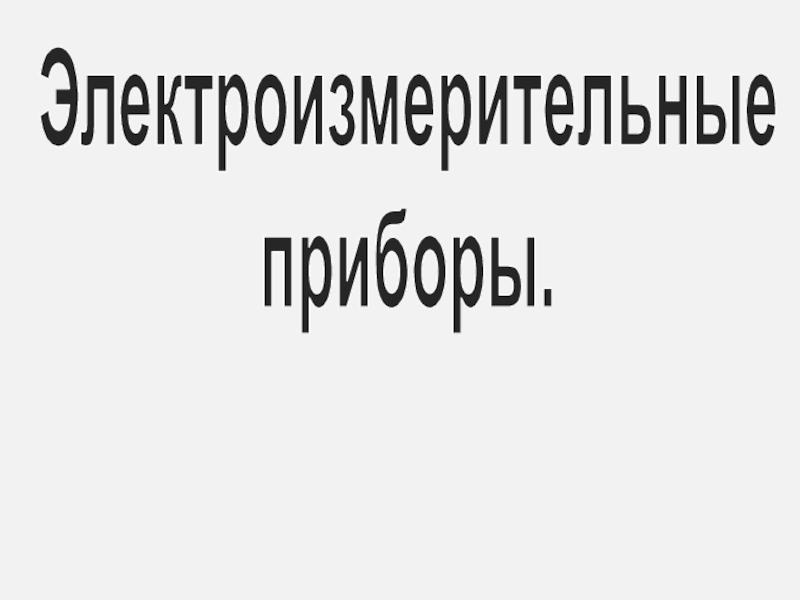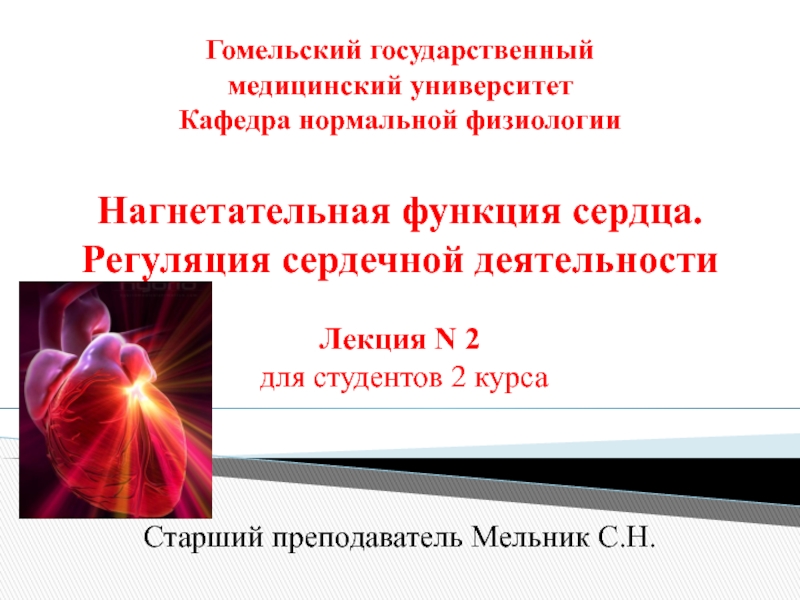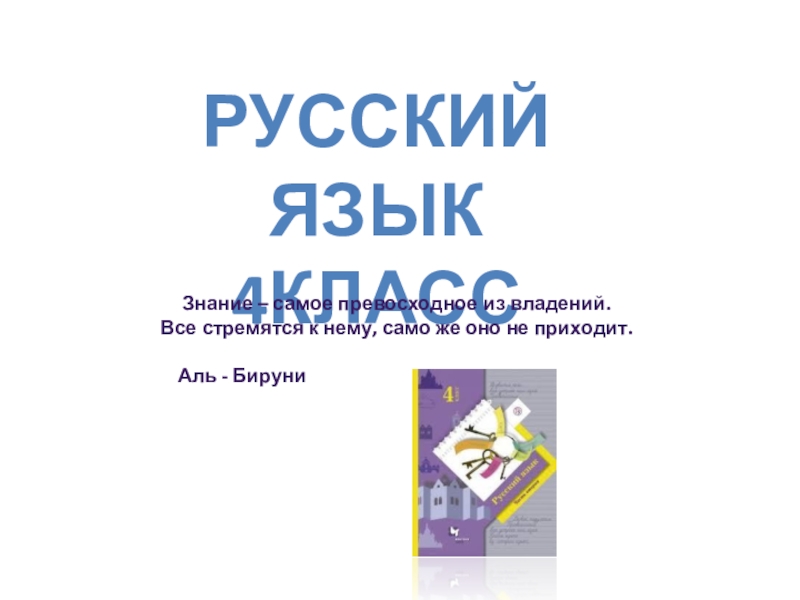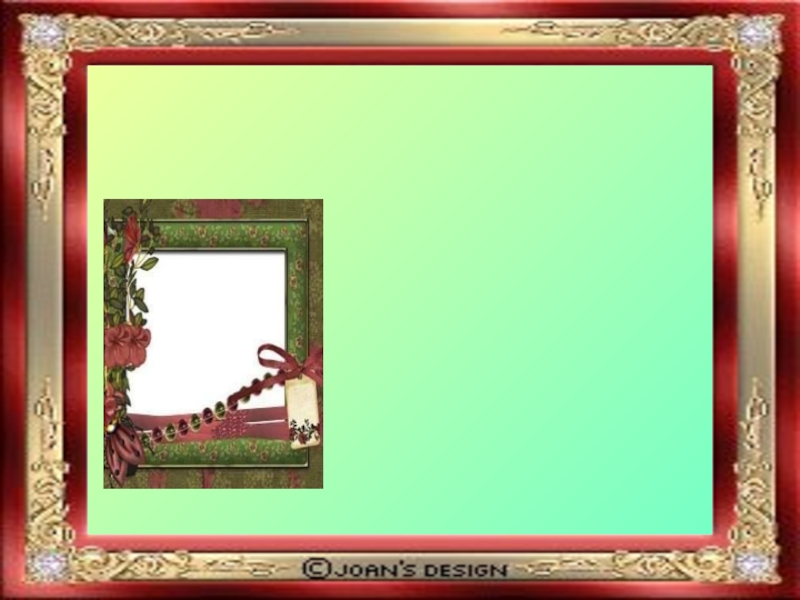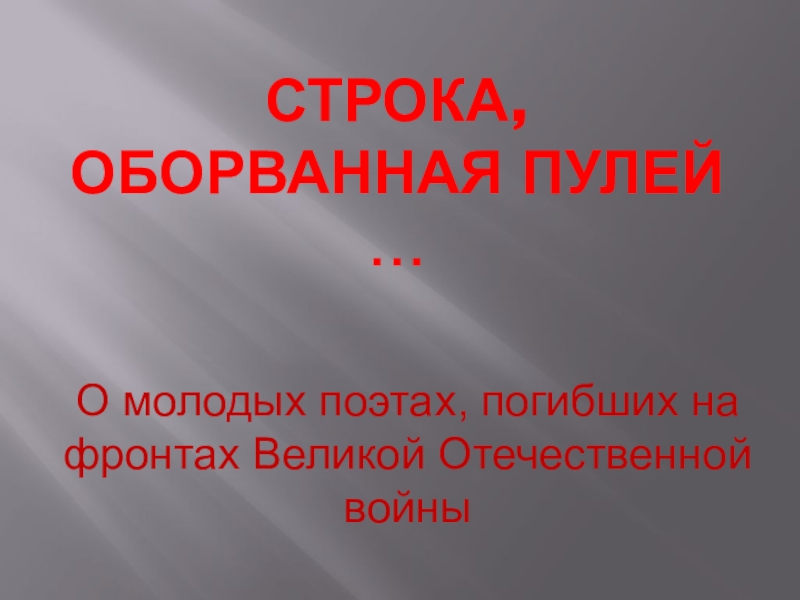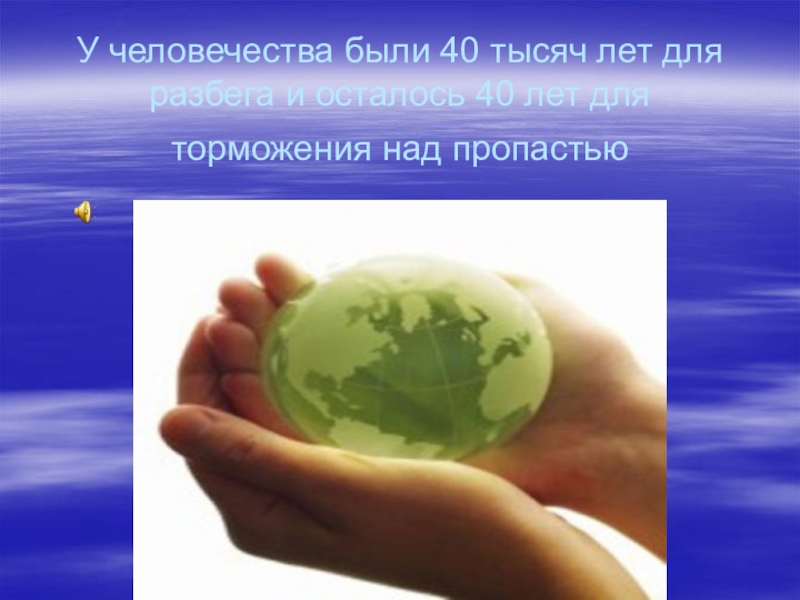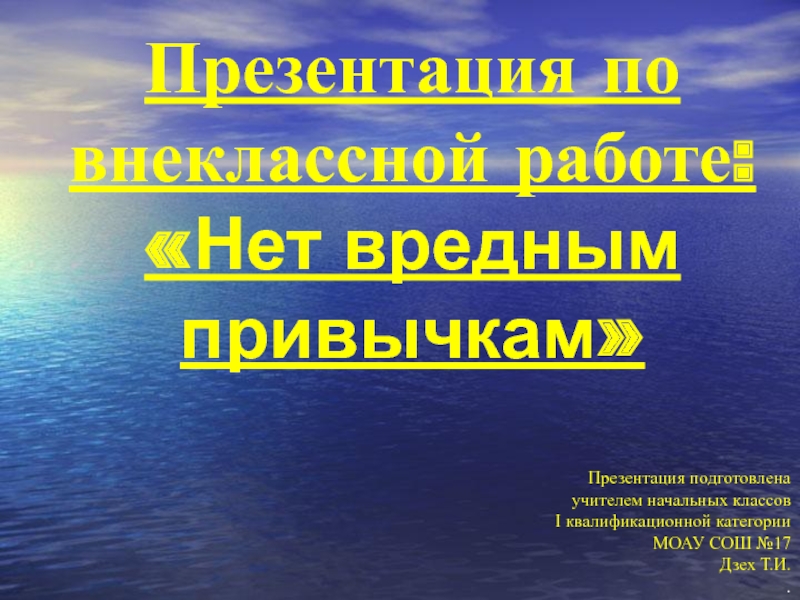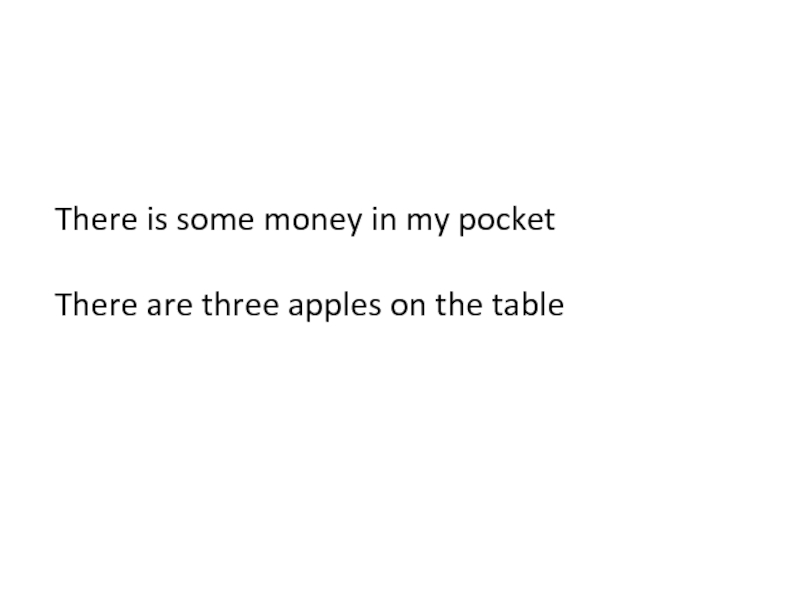Разделы презентаций
- Разное
- Английский язык
- Астрономия
- Алгебра
- Биология
- География
- Геометрия
- Детские презентации
- Информатика
- История
- Литература
- Математика
- Медицина
- Менеджмент
- Музыка
- МХК
- Немецкий язык
- ОБЖ
- Обществознание
- Окружающий мир
- Педагогика
- Русский язык
- Технология
- Физика
- Философия
- Химия
- Шаблоны, картинки для презентаций
- Экология
- Экономика
- Юриспруденция
Притяжательный падеж
Содержание
- 1. Притяжательный падеж
- 2. это имя, кому принадлежит какая-либо вещь, Для того чтобы сказать, к существительному или имени собственному’sчьёдобавляется
- 3. My sister’s name is Mary.My parents’ names
- 4. You are from America.We are from Russia.They
- 5. to beI am Ivan.He is from Russia.She
- 6. Cardinal Numbers11-eleven 12-twelve20-twenty30-thirty40-forty50-fifty60-sixty70-seventy80-eighty90-ninety13-thirteen14-fourteen15-fifteen16-sixteen17-seventeen18-eighteen19-nineteen21-twenty-one32-thirty-two39-thirty-nine43-forty-three64-sixty-four100-a hundred1000-one thousand
- 7. How old are you?My grandparents’ names are
- 8. Have got (в вопросительном предложений)Have you got
- 9. Has he got a cat?Has she got
- 10. Слайд 10
- 11. Утвердительные предложения There is an ancient
- 12. Отрицательные и вопросительные предложенияIs there a castle
- 13. Present Simple Tense (Настоящее простое время)I work
- 14. IWeYouTheyV1HeSheItV1s……Когда мы говорим об обычных, регулярных действиях в настоящем,мы используем Present Simple Tense.
- 15. В центре чего-либо in the middle
- 16. Скачать презентанцию
Слайды и текст этой презентации
Слайд 3
My sister’s name is Mary.
My parents’ names are Alexander and
Alice.
The dog’s name is Bob.
К существительному во множественном
числе добавляется
’(апостроф)Слайд 4You are from America.
We are from Russia.
They are from England.
It
is big.
I am fine.
Глагол to be (быть/находиться)
Слайд 5to be
I am Ivan.
He is from Russia.
She is Russian.
Oxford is
not in Wales.
It is in England.
You are from America.
We are
from Russia.They are from Scotland.
Слайд 6Cardinal Numbers
11-eleven
12-twelve
20-twenty
30-thirty
40-forty
50-fifty
60-sixty
70-seventy
80-eighty
90-ninety
13-thirteen
14-fourteen
15-fifteen
16-sixteen
17-seventeen
18-eighteen
19-nineteen
21-twenty-one
32-thirty-two
39-thirty-nine
43-forty-three
64-sixty-four
100-a
hundred
1000-one thousand
Слайд 7How old are you?
My grandparents’ names are Alan and Alma.
They are my mother’s parents. My grandfather is 70. My
Grandmother is 64. I like my Granny’s cakes. They are lovely.
Слайд 8Have got (в вопросительном предложений)
Have you got a dog?
Have we
got a dog?
Have they got a dog?
Yes, I
have. No, I haven’t.Yes, I have. No, I haven’t.
Yes, we have. No, we haven’t.
Yes, they have. No, they haven’t.
Слайд 9
Has he got a cat?
Has she got a cat?
Yes, he has. No, he hasn’t.
Yes, she has. No, she hasn’t.Слайд 10
(когда мы говорим о наличий или отсутствии предмета в определенном месте, мы используем оборот there is/are).
There is Buckingham Palace in London.
There are a lot of parks in London.
There are not any palaces in my city.
Когда мы спрашиваем о наличий или отсутствий предмета, мы ставим глагол to be на первое место в предложений.
Оборот there is/are
Слайд 11Утвердительные предложения
There is an ancient castle in my
city.
Are there any cafes there?
Yes, there are.
There are
some cafes there.Обрати внимания на то, что в утвердительных предложениях употребляется some.
Слайд 12Отрицательные и вопросительные предложения
Is there a castle in your city?
Yes, there is.
No, there isn’t.
There is no castle
in my city.Are there any cafes there?
No, there aren’t any cafes there.
Обратите внимание на то, что в отрицательных и вопросительных предложениях пишется-any.
Слайд 13Present Simple Tense
(Настоящее простое время)
I work at school.
He works at
hospital.
I go to school every day.
She goes to school every
day.They often visit their parents.
Слайд 14I
We
You
They
V1
He
She
It
V1s
…
…
Когда мы говорим об обычных,
регулярных действиях в настоящем,
мы используем
Present Simple Tense.
Слайд 15В центре чего-либо in the middle of
На углу улицы
on the corner of the street
Слева on the left
Справа on the right
Впереди/перед in front of
Рядом next to
Напротив (через улицу) opposite
Позади behind
На улице in the street
Prepositional Phrases
